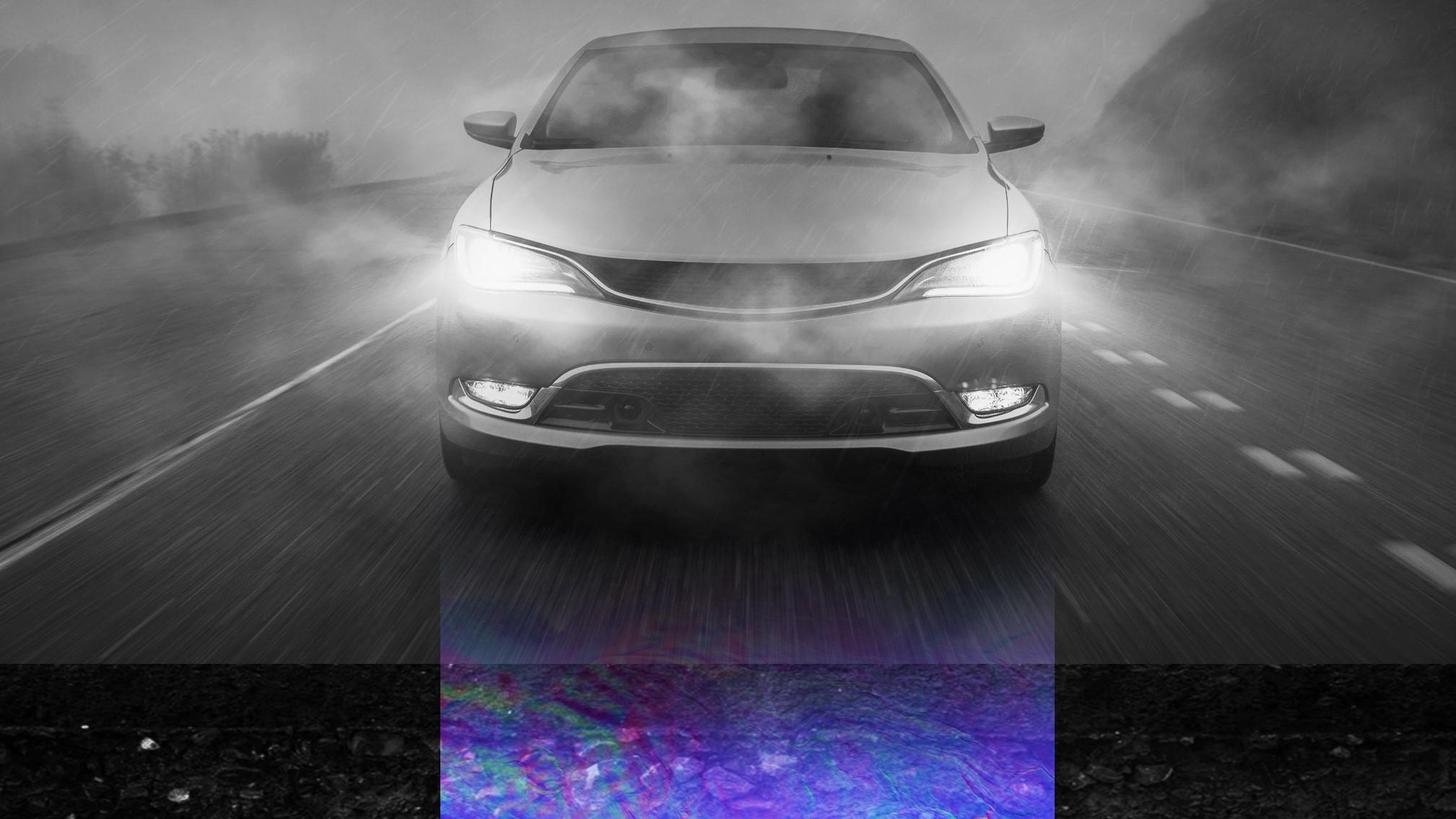Ground-penetrating radar lets self-driving cars 'see' below the road

Sign up for breaking news, reviews, opinion, top tech deals, and more.
You are now subscribed
Your newsletter sign-up was successful
When self-driving cars are tested, it's usually in very tightly controlled conditions in locations like California, where weather is predictable, and roads are straight and clearly marked. Tests happen during the daytime, where cameras can see clearly for miles, and obstacles are easy to spot.
Rain, fog, darkness and worn-out road marking can all throw autonomous cars for a loop. Cameras and lidar both rely on light, and GPS and radar alone aren't enough to keep vehicles safely in lane.
That's where WaveSense comes in, using ground-penetrating radar to create a 'map' of the unique geological feature. The radar uses soil layers, rocks and road bedding to build up a 'fingerprint' of the area directly beneath the asphalt, which a car can use to determine its exact location.
Although above-ground sensors will still be necessary for hazard perception (detecting other road users, for example), this has the potential to make self-driving vehicles much safer in sub-optimal driving conditions.
Looking deeper
Mapping a road with sub-surface radar is surprisingly straightforward. "The subterranean fingerprint, or map, is created by driving a vehicle equipped with WaveSense over a lane," Tarik Bolat, co-founder and CEO of WaveSense, told TechRadar. "The map can then be immediately used, without post-processing, for localization."
Of course, the subterranean world isn't completely static. Roadworks, installing cables and geological faults can all cause changes below the surface, but Bolat says maps created using ground-penetrating radar are generally stable over many years - unlike surface-level maps, which have to be updated frequently to stay reliable. Roads will need to be re-mapped after heavy utility works, but Bolat says regular resurfacing shouldn't be an issue.
Perhaps most impressively, WaveSense expects the hardware to cost less than $100 (about £80, AU$140) at scale. It's still hard to define 'safe enough' when it comes to autonomous vehicles, but sub-surface radar has the potential to bring us closer to that standard and and WaveSense is already running pilots with some of the world's biggest automakers and suppliers to that end.
Sign up for breaking news, reviews, opinion, top tech deals, and more.

Cat is TechRadar's Homes Editor specializing in kitchen appliances and smart home technology. She's been a tech journalist for 15 years, having worked on print magazines including PC Plus and PC Format, and is a Speciality Coffee Association (SCA) certified barista. Whether you want to invest in some smart lights or pick up a new espresso machine, she's the right person to help.